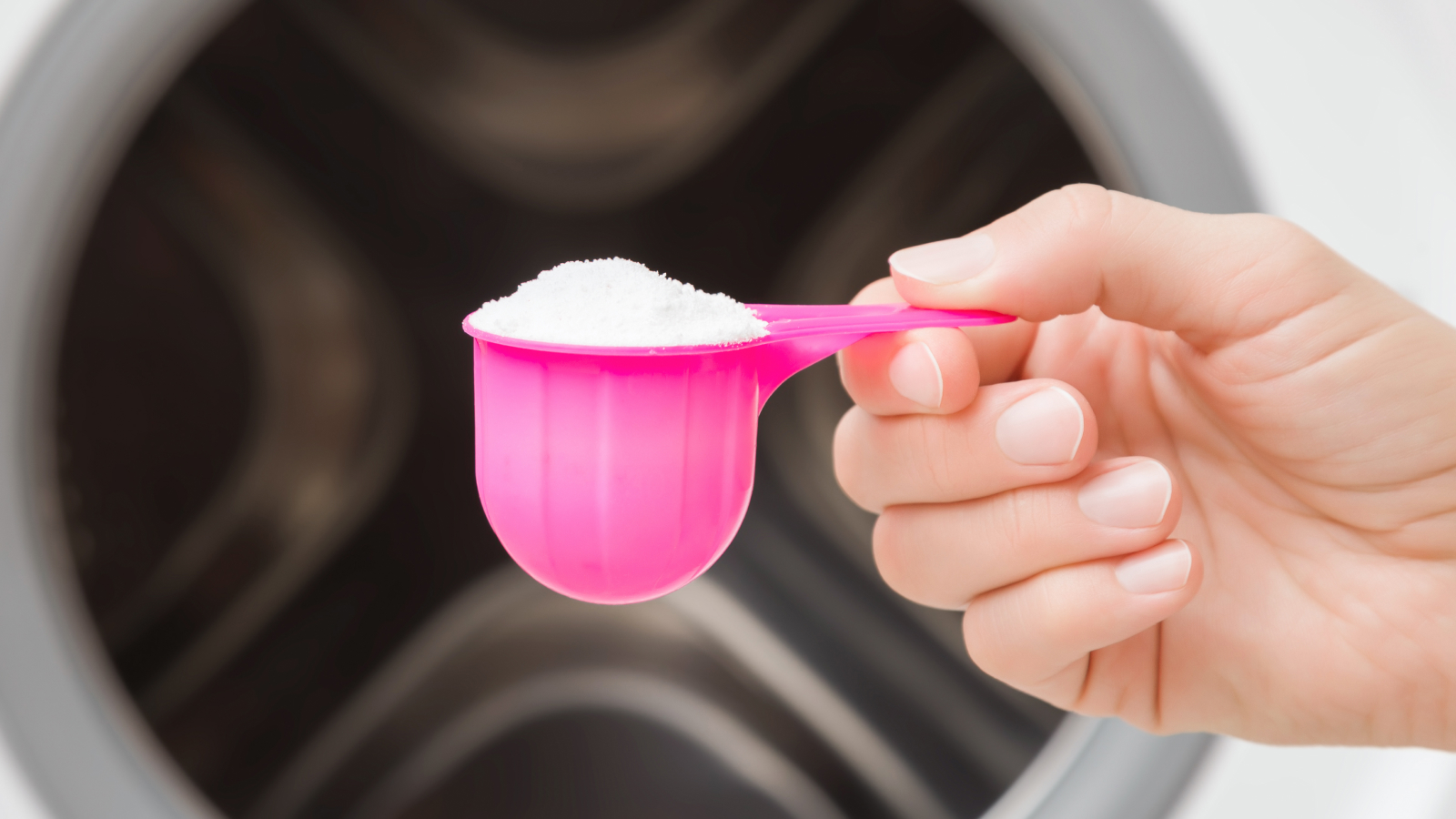WASHINGTON — RFK wants to make baby milk healthy again.
Robert F. Kennedy Jr.’s new MAHA Commission report suggests the government support mothers — including with a more robust supply of donor breastmilk for those who can’t lactate themselves, and regulating infant formula more heavily.
The report, published Tuesday, states that the USDA and HHS will “work to increase breastfeeding rates,” either through the Special Supplemental Nutrition Program for Women, Infants, and Children (WIC) — or other policies that greater assist breastfeeding moms.
The two agencies will also “work with other Federal partners to develop policies to promote and ensure
a safe supply of donor human milk,” the report states.
Only about 30% of US women exclusively breastfed for the first six months of the baby’s life, while about 50% did for the first three months, according to the the most recently-released CDC findings from 2022.
For those opting out of breastfeeding, the MAHA commission noted it is taking actions to further regulate infant formula to ensure it has proper nutrients and no ingredients that can be dangerous to infants.
“FDA will modernize nutrient requirements for formula, increase testing for heavy metals and
other contaminants to help ensure access to high-quality and healthy infant formula sold in the United States, and encourage companies to develop new infant formulas,” the report states.
Kennedy has been looking to make formula more nutritious — and less dangerous — for months as a part of his MAHA agenda.
The HHS head launched an investigation into how best to expand options for nutritious infant formula back in March, with Kennedy saying “The FDA will use all resources and authorities at its disposal to make sure infant formula products are safe and wholesome for the families and children who rely on them.”
“Helping each family and child get off to the right start from birth is critical to our pursuit to Make America Healthy Again.”
Infant formula has had supply chain problems in recent years, with a bacterial contamination shutting down an Abbott factory in Michigan in 2022, leading to shortages for months. The shortage was also exacerbated by the COVID-19 pandemic.
European infant formulas are less likely to contain artificial sweeteners and require DHA, an Omega fatty acid, that is not mandated in the US.
European formulas also have stricter regulation to ensure more nutrient-packed products, and block synthetic additives and GMOs.
The FDA has in the past advised against buying breast milk from strangers due to the possible negative effects, but the commission’s suggestions look to increase the transfer of breast milk safely.
Breast milk bought from strangers could be infected with bacteria and infectious diseases, especially if improperly handled. The milk could also be filled with medications that the mother was ingesting, but buying breastmilk is legal — although unregulated — in the US.
Some online sites allow mothers to buy milk from overproducing moms, with milk going for $1 an ounce on onlythebreast.com.
Many states also have milk banks where mothers can donate their surplus milk, which is screened and pasteurized before it is given to a mom in need. Some women donate their milk to those in need on pages like “Human Milk 4 Human Babies.”
Other forms of milk — animal milk — are being less regulated.
The report suggests the federal government “remove barriers preventing small dairy operations from processing and selling their own milk products locally” and “remove restrictions on whole milk sales in schools.”
The MAHA commission’s report is the latest suggestions from Kennedy and HHS on how President Trump should restructure the federal government to tackle childhood chronic disease.














